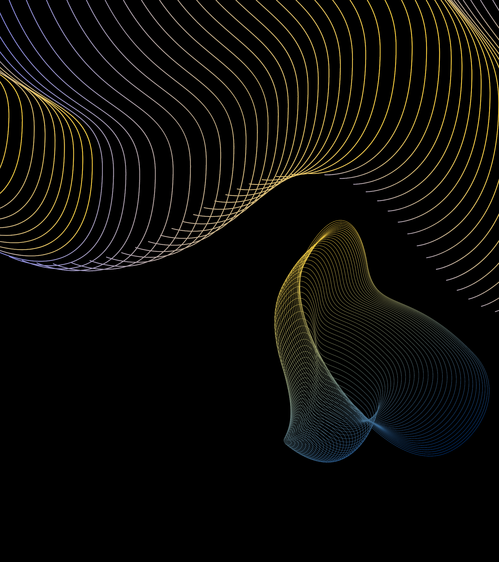A talented composer, conductor, and organizer of the musical life of Galicia, Vasyl Bezkorovainyi (1880-1966) was also a true lover of life, workaholic, patriot, and polyglot. His education in several leading universities in different, unrelated specialties testifies to his extraordinary talent for learning. And the proof of his pedagogical talent is many years of teaching - from a gymnasium teacher in cities and towns of Galicia to a teacher at the famous Ukrainian Music Institute of America in Buffalo. The composer himself was also very lucky with his teachers: at the Lviv Conservatory, he studied, in particular, with the prominent Lviv citizen, composer, and conductor Stanislaw Niewiadomski. Niewiadomski was a true Renaissance man, although he lived at the turn of the 19th and 20th centuries. Music critic, teacher, composer, pianist, and theater director. The monument to Adam Mickiewicz in Lviv was opened accompanied by his music performed by a huge choir and orchestra. A bright romantic, close in aesthetics to Chopin, he was invaluable to the artistic life of the city. Subsequently, his name was deliberately erased by the Soviet ideological machine. Nevertheless, Neviadomskyi's creative approach continued to exist in the music of his students, among them Vasyl Bezkorovainyi.

